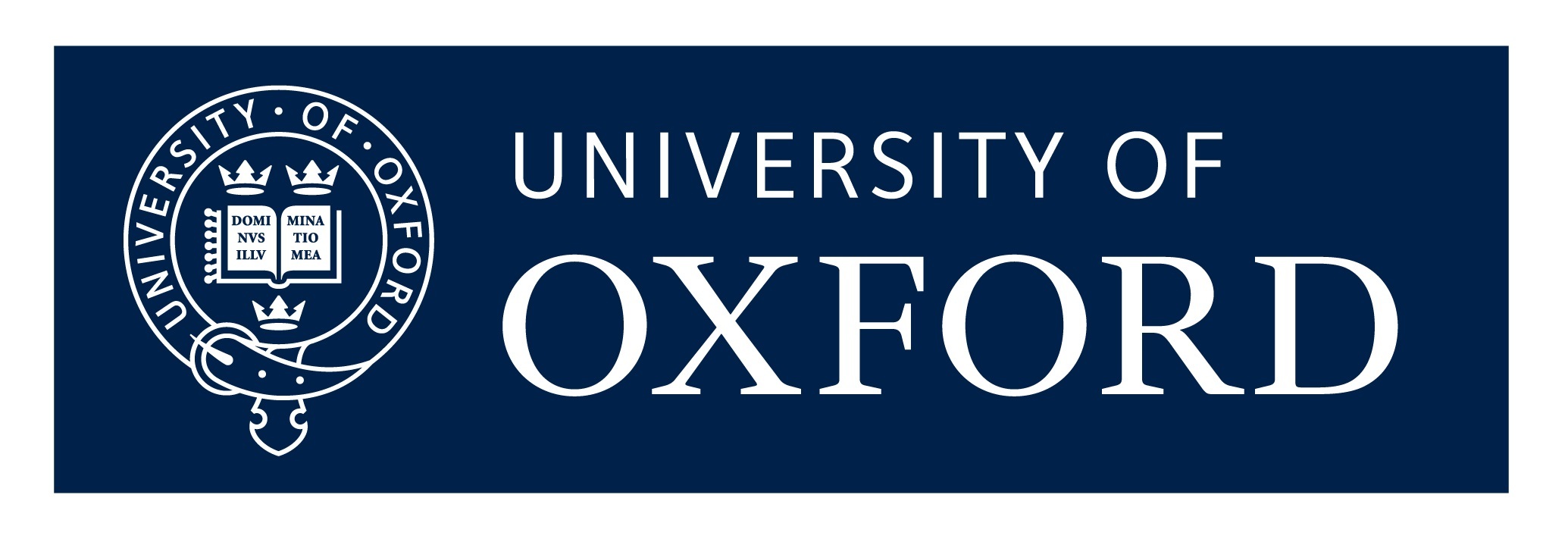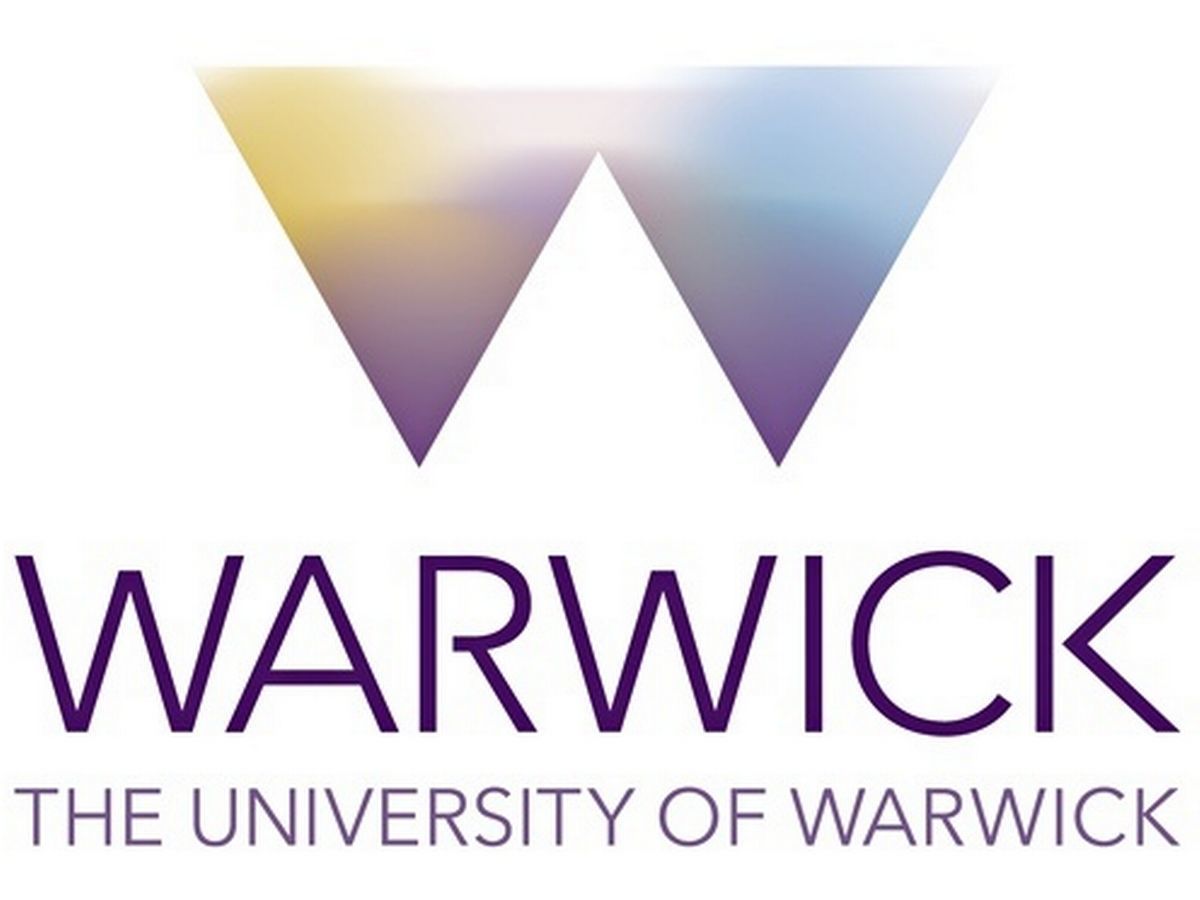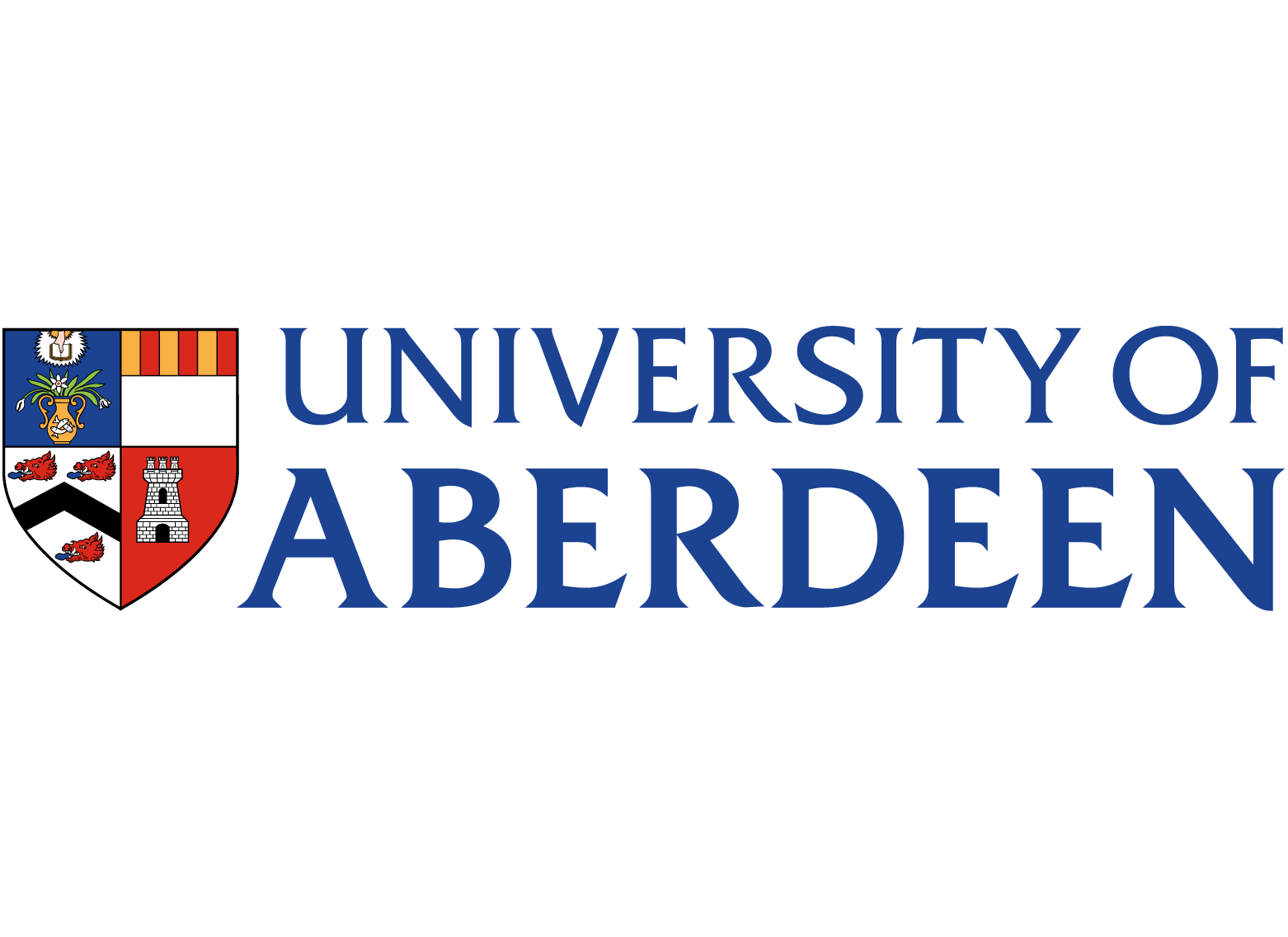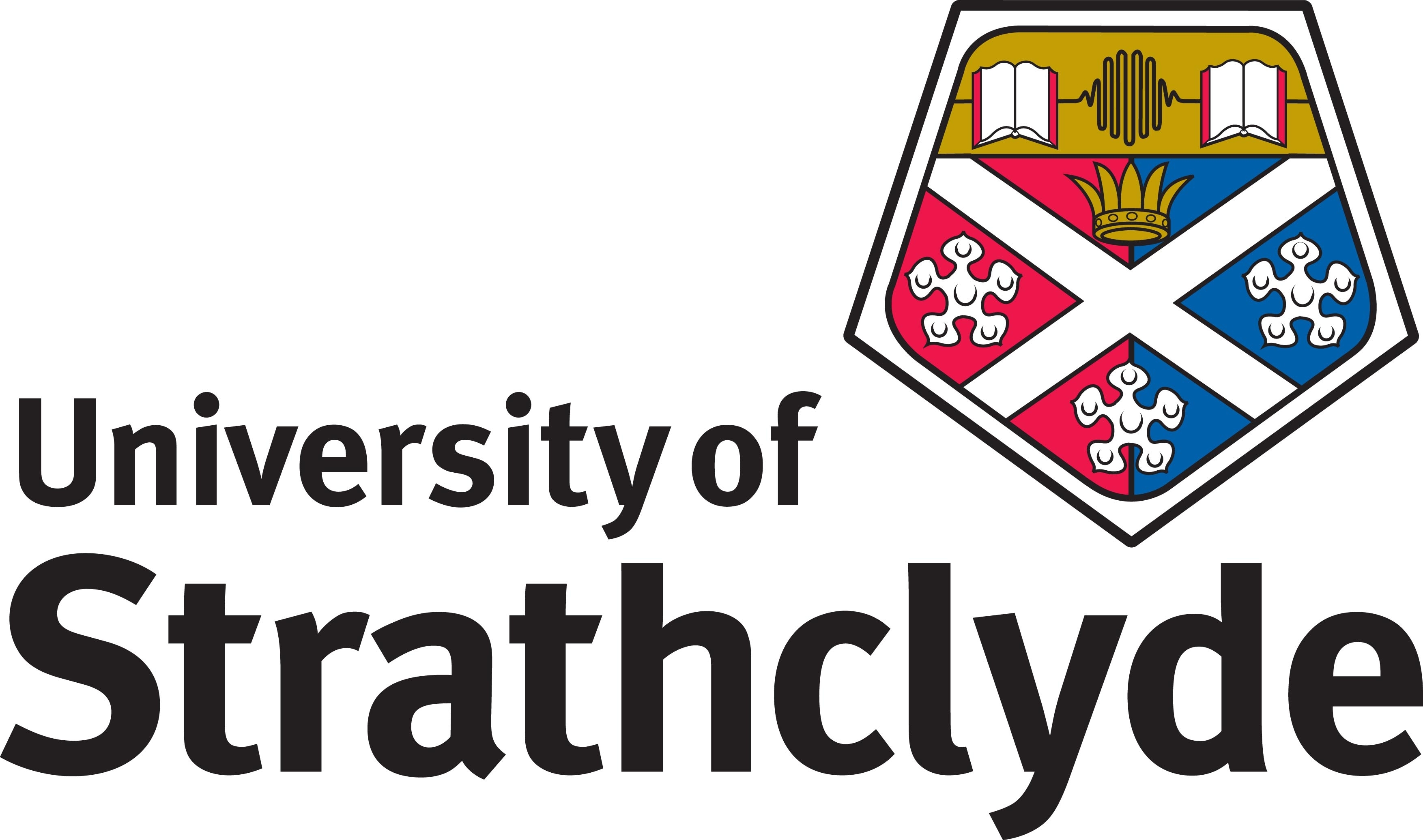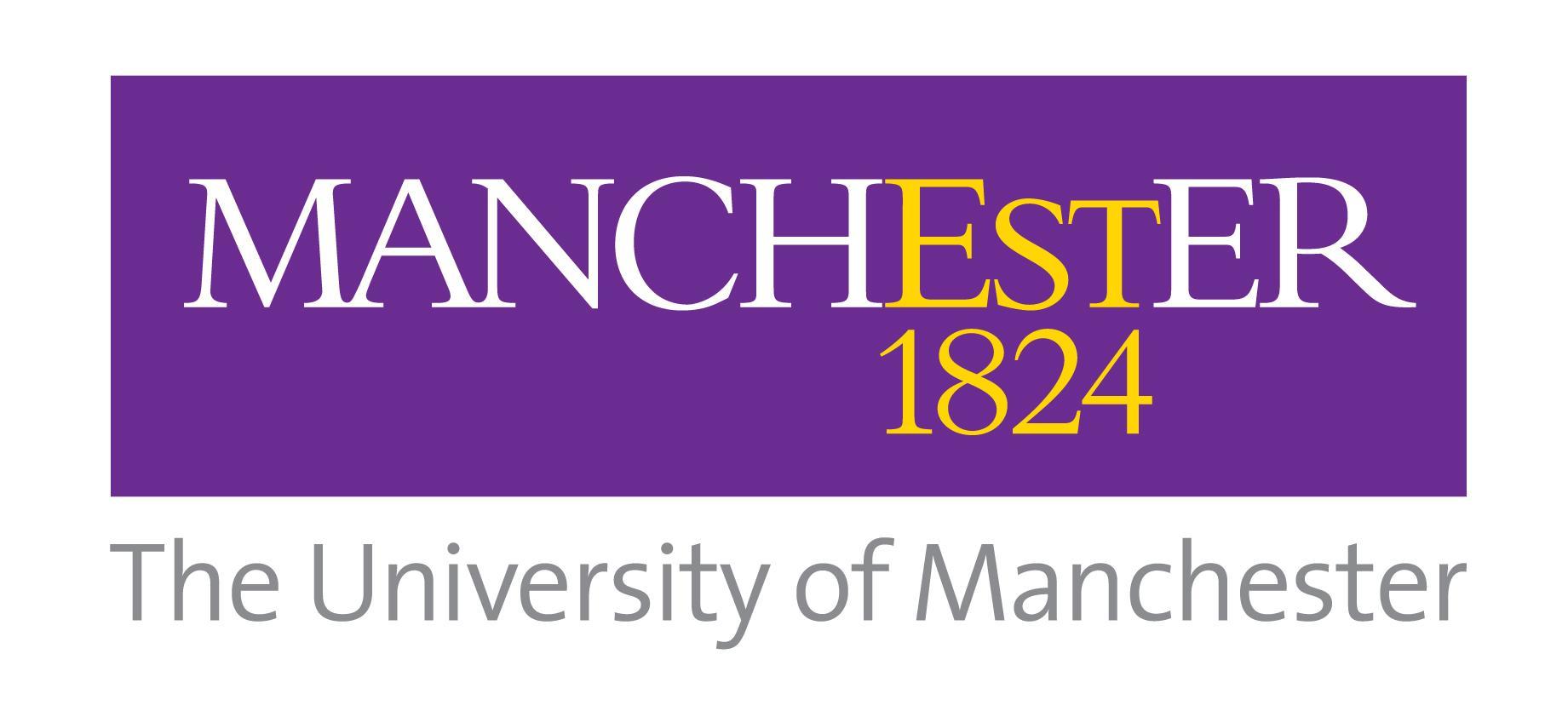The Annual Assembly
The third Supergen ORE Hub Annual Assembly was held from Monday 18 – Friday 22 January 2021. The conference was held online due to COVID-19 restrictions, and while this brought some new challenges it also enabled double the number of attendees from previous years to register and enjoy the sessions due to the increased accessibility and pre-recorded presentations.
Key topics included UK/EU/International initiatives and collaboration, even with the challenges post-Brexit, offshore renewable energy policy and the path to net zero GHG emissions, and the importance of equality, diversity and inclusion. Targeted research and a clear route to market were clear outcomes of this consensus. Early Career Researchers (ECRs) actively contributed to many sessions, showcasing latest research and progression, and also the direction of travel of the industry and challenges that need to be overcome.
Net Zero GHG Emissions and COP 26
The opening session of the Assembly focussed on the macro picture of climate change and the goals for Net Zero Carbon. Baroness Brown is the Deputy Chair of the UK Climate Change Committee and set the scene for the 2050 Net Zero goal set in law by the UK Government. Decarbonisation of electricity supply, of transportation, heating, and industry energy demand need to be combined with sustainable farming, re-forestation and a step change in energy efficiency. The offshore renewable energy industry must play its part, in the first instance in the context of electricity generation, but also presents the opportunity for blue hydrogen to become a significant contributor to the energy mix. Presentations from The Crown Estate, the Low Carbon Innovation Team in the Scottish Government, and Marine Energy Wales added their specific perspectives on this theme. It was concluded that the forthcoming COP26 Climate Change Conference in Glasgow in November 2021 is a major opportunity for the offshore renewables industry to demonstrate its potential.
Technical Sessions
Further sessions focussed on survivability, reliability and design, resource and environment characterisation and operations, management, maintenance and safety. These sessions indicated that there is a need to quantify extreme events and responses, in parallel with the associated uncertainties, for offshore renewables development to progress. Assessment, modelling and inclusion of the effects of climate change, estimated using statistical models for the environment, need further consideration and optimisation in both the long and short term – with initial research indicating potential for large impacts on structural longevity and energy capture of various devices.
There is a trade off in complexity against accuracy in measurement analysis tools, and the ability to use such tools in the field, and not just on high performance computers in research facilities. Such methods need developing and proving before they can be widely adopted by the sector, and often validation data is scarce. Novel methods are being assessed for current measurement, incorporating drones, which have the potential to provide wide area measurements of surface currents to compliment single point measurements already in use, and ultimately might be developed for use in real time installation operations. Safety and cost are the primary drivers for industrial adoption of operation and maintenance solutions, with innovative inspection techniques improving capabilities and enabling safer operations offshore.
Working to improve Equality, Diversity and Inclusion
Of key importance was the session on equality, diversity and inclusion (EDI). With the consensus being that the industry needs to work collaboratively to spread the EDI message proactively. With funding streams becoming available to support projects with a partial/entire focus on EDI, it is also a clear goal through all our work. The report published by the Supergen ORE Hub at the end of 2020 outlined an action plan with initiatives to help improve EDI in the sector, considering each stage of education and career development. There was an EDI theme present throughout all of the sessions at the Assembly this year, which built on the findings in the report. Many companies are pledging ambitious targets for improving gender and ethnic diversity at senior levels; however, in order to fulfil these there is recognition that more women need to enter the industry and therefore further engagement and encouragement is required from early education through to senior management in organisations. It is important that the sector promotes a collaborative approach with education, academia and industry to achieve these targets. It is also important to consider factors not accounted for in the targets such as social mobility, disability and intersectionality which means that people are often part of a number of under-represented groups and it is often those with the most overlap that are least represented.
International and European Collaborations
The final session included representatives from the EPSRC(UKRI), Innovate UK and BEIS who provided a stimulating discussion on future calls and post-Brexit uncertainty with EU collaboration. Key topics that are likely to be addressed in future funding calls included the path to net zero, EDI, floating foundations, moorings and dynamics cables. Despite the uncertainties that still exist regarding UK-EU collaboration post-Brexit, with a large drop off in EU partners in UKRI funding throughout 2017-2020, there is still a strong desire for alliances and a mutual drive for new initiatives and suggestions. With sessions also discussing UK-US, UK-China and UK-Australia partnerships, there is potential for more international projects to develop across a broad range of disciplines. Additionally, there are positive signs for acceleration of offshore renewable development in these major economies.
The Way Forward
The one core message to take away from the Assembly was that this time - post-Brexit, post-COVID, with new governments - is a time of change. A time to embrace our differences, a time to come together, find new areas of cross-disciplinary research and collaboration, to broaden horizons and help marine renewables expand and develop into their future role in the energy mix. A time of new opportunities and new partnerships. This time is now.
Report provided by Dr Rachel Nicholls-Lee with assistance from Dr Edward Mackay, Dr Ajit Pillai, Dr Anna Young, Dr Sam Draycott, Dr Siya Jin, Dr Neda Trifonova
